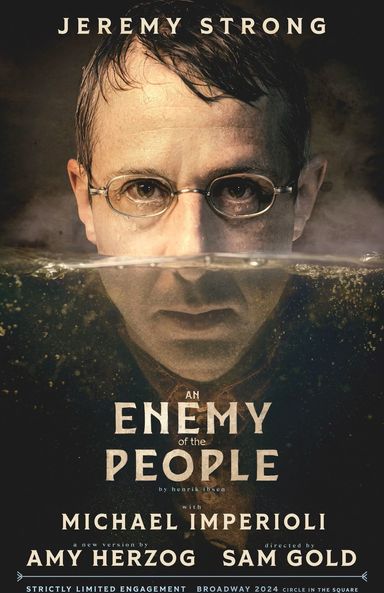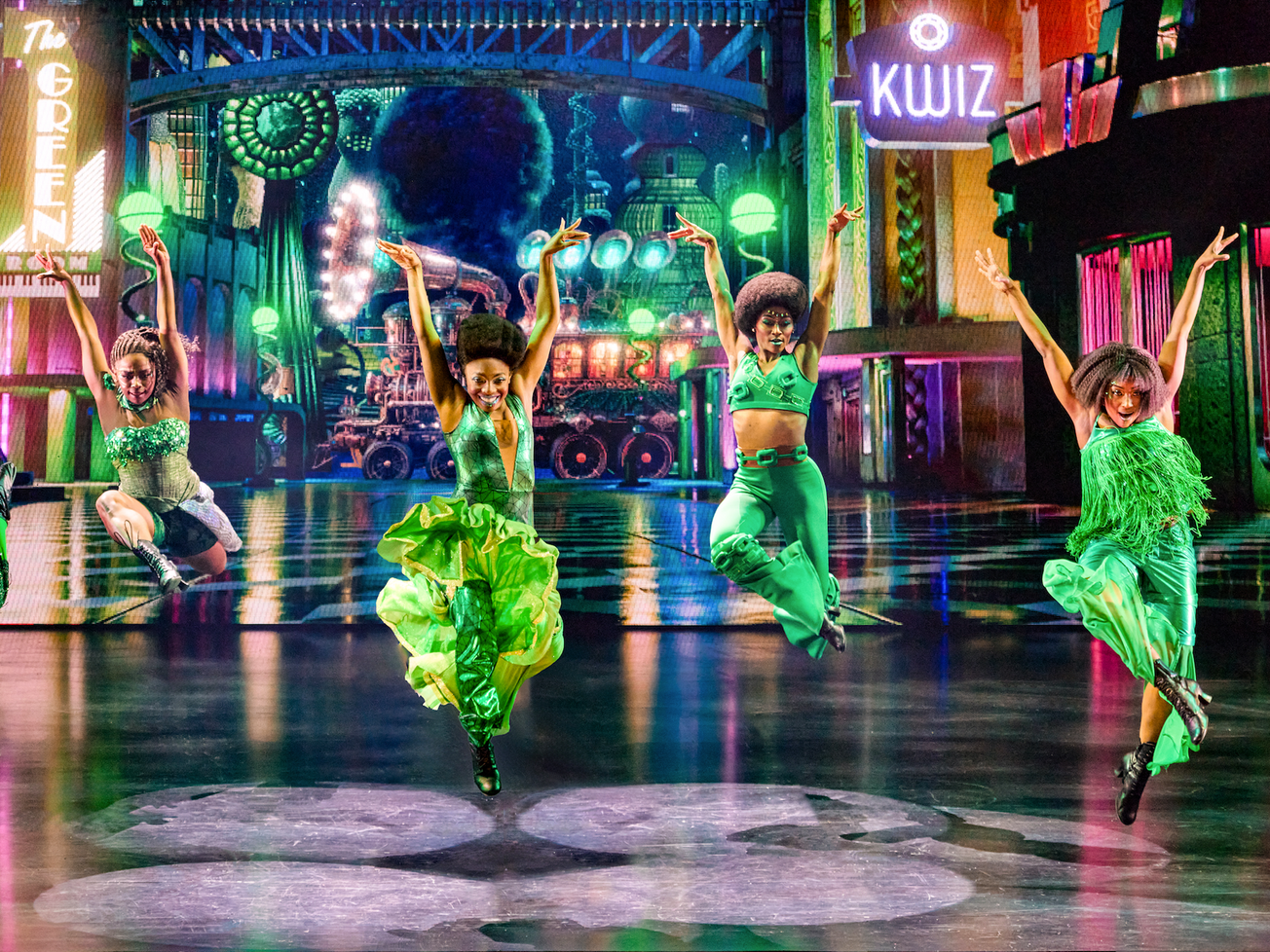Amid a pandemic and a yearlong theatrical shutdown, Tony-nominated productions are taking their campaigns online.
Ahead of Tony Awards voting, which began Monday and ends March 15, nominated productions have sent out Audible recordings of the shows, multitudes of emails and Tonys-specific websites and, in one case, a streamed version of the play in its entirety. These materials are being sent as producers try to remind voters of their shows, while being unable to employ the traditional modes of campaigning, such as in-person events and invitations to see shows for a second time.
To promote “A Soldier’s Play,” Roundabout Theatre Company sent a link to stream an archival capture of the show, which is nominated for Best Revival of a Play, and has nominations in several acting and creative categories. Roundabout shot the play in January 2020 and is now making the recording available to Tony voters, as well as Roundabout’s donors and subscribers, as part of a newly launched streaming service being offered by the theater company.
“There is a viewer capacity limitation for each distribution under our union agreements, and we are fortunate that this capacity is such that it allows us to also share this opportunity with the Tony voters,” Todd Haimes, artistic director and chief executive of Roundabout, said in a statement to Broadway News.
The streaming service, launched in partnership with Broadway on Demand, will later feature additional archival captures of Roundabout productions in four-week viewing windows.
“Sea Wall/A Life” and “The Sound Inside,” both nominated for Best Play, are taking an auditory approach and sent Tony Award voters recordings of the full productions on Audible.
A spokesperson for the Tony Awards confirmed that voters still need to have seen the production in person in order for it to count as seeing the show. Per Tony Awards rules, voters need to have seen every nominated production in a category to vote in that category.
Other nominees, such as “Grand Horizons,” are turning to virtual panels, while “Jagged Little Pill” is re-airing its virtual concert from December and “Slave Play” created a website, which includes an online version of the script. To be sure, a few productions, such as “Moulin Rouge!” have sent physical materials, but voters say they are receiving far more virtual materials than in the past.
These digital campaigns come as the nominated productions face several challenges in the 2019-2020 season’s Tony Awards race.
To start, none of the shows are currently running or generating money from ticket sales.
With theaters closed since March 12, 2020, voters are being asked to remember productions they have not seen in more than a year. And productions do not have the benefit of inviting voters to see shows for a second time or otherwise marketing to them during the annual Spring Road Conference. The conference typically takes place a month before the Tony Awards and features events and panels designed to woo out-of-town voters.
The overall Tony Awards timeline is lengthened, with nominations announced more than four months ago and a yet-to-be determined date for the ceremony.
And, due to the pandemic, the 778-eligible voters are choosing from 18 productions, rather than a full season. In August 2020, the Tony Awards announced a Feb. 19 cutoff date for eligibility, eliminating “West Side Story” and “Girl from the North Country” from consideration. Votes will be submitted electronically, as was the case for the 2018-2019 season.
Despite these obstacles, some Tony Awards voters were prepared to take on the task. Jill Kratish, a Tony voter and director of programming for the Broward Center for the Performing Arts in Fort Lauderdale, Fla., planned to spend several days reading through scripts she has received, as well as watching “A Soldier’s Play” and listening to the Audible recordings in order to refresh her memory. Kratish will also turn to the notes that she takes during each production and keeps for voting purposes.
“It’s a combination of going back through your memory, and through the things that are sent to us to just try to do the best job I can with my vote,” Kratish said.
A Tony voter for 10 years, Kratish was able to see all the nominated productions thanks to her bimonthly trips to New York and a spreadsheet she uses to keep track of show openings.
Still, many voters are used to having the spring months to make up for missed shows. Ken Davenport, a Tony voter and a co-producer on the nominated play revival “Frankie and Johnny in the Clair de Lune,” said he has not been able to see all nominated productions and fears the same will be true of others.
The silver lining this Tonys season is the innovation that has been brought to the campaigns, Davenport said. Sending materials digitally has allowed productions to reach voters more directly, particularly as they may not be going into their offices, while also potentially cutting down on costs.
These materials may not have the same marketable footprint as the desktop tchotchkes or bound scripts of prior seasons, Davenport said, but they may pave the way forward for hybrid campaigns in the future.
“I’ve been very impressed with how everyone is pivoting and pivoting quickly to get materials out in whatever shape or fashion,” Davenport said.





















































